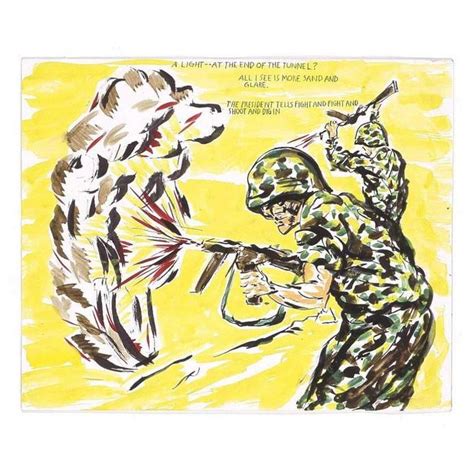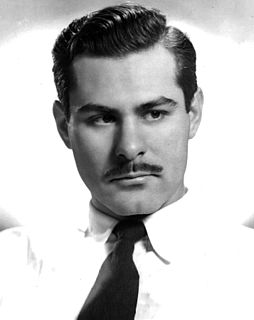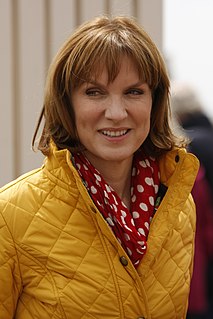A Quote by Ronald D. Moore
You have to realize that people who bother to log on to anything and talk about a television show is a very specific fraction of the audience. It's not the general audience, so you can't get too crazy listening to just that. That's not representative, but they are the most dedicated.
Related Quotes
I think you can talk about anything if the context is correctly arranged. If you set up the context and you bring the audience along carefully enough with you, you can get them to cross the line with you. What I try to do is talk about things that bother me, and I hope that in doing so I bother other people.
It's so much better for me to do a talk show. You still have that energy of the audience, and the audience is just as important as that guest that's sitting next to me. It's not about me and that guest exchanging energy and talking. It's about everything that's going on in that room, and they're as much a part of the show as anything. I like this better than anything I've ever done.
It [The Esemblist] is also about the generation of audience members that are watching shows and listening to us at the same time; hopefully, in time, when they listen to our show and then go see a show, they'll realize even more what it takes to make a show, and they'll know even more about everybody on stage, rather than just people above the title of the show.
Scientists blame the audience for being too stupid, shallow, or lazy to understand. There has been a fascinating debate in the blogosphere lately about communicating science to the public, and it's clear that most scientists just don't get it. They can't be bothered to talk to real people. Nobody will care about your issues if the price they have to pay is listening to a long lecture from Morton the science bug.
What social media has done - Facebook, Twitter - is show the audience. I don't have an audience. When I make my work, it just goes out into the ether. I have a thick skin and it just brings me down to earth, you know, to realize how out-there and far away and paltry the audience is that gets what I'm saying. It's depressing if I let it get to me. And it's the same with hanging a show, the way it's put up, like, three stories high and you can't read a single word.
It's very difficult to know exactly what a major audience is going to respond to. 'We know they respond to certain personalities. That has been proven by the success of certain people in television who have gone from show to show and carried an audience with them. Apart from that, it's very hard to say what formula works.
Speakers find joy in public speaking when they realize that a speech is all about the audience, not the speaker. Most speakers are so caught up in their own concerns and so driven to cover certain points or get a certain message across that they can't be bothered to think in more than a perfunctory way about the audience. And the irony is, of course, that there is no hope of getting your message across if that's all the energy you put into the audience. So let go, and give the moment to the audience.
The most stressful and difficult part of steering a large movie is that you are taking on the responsibility of communicating with a very wide audience. You can't ever hide behind the notion of, 'Okay, they just don't get it,' or, 'Certain people just don't get it.' You have to be mindful of the size of your audience, and you have to communicate in a way that lets them in.
I think as a performer, it can be really great to stand on stage, especially when you have more time, but I do think about the specific people in the audience, how it's hard for them to get up and go to the bathroom, how they chose not to do other things that night and have turned off their phones and everything. So for that reason, I think it's necessary to mix it up and talk to the audience.
The Road & Track audience is basically me, you know, the car geeks. But, we have to acknowledge that most people find that, socially, very, very boring. We huddle in corners and we talk about differentials and final drive ratios, and most people just don't care. You have to acknowledge the fact that 'Top Gear' can't be about that.
To have a platform like So You Think You Can Dance, where you're reaching this audience that's been created over the 10 years that they've been on the air. People who didn't know anything about dance and aren't going to go to the theater are learning about it, even if it's ballroom and jazz, by just turning their television ono. They're building this audience that's advanced and educated enough to introduce them to ballet.




































